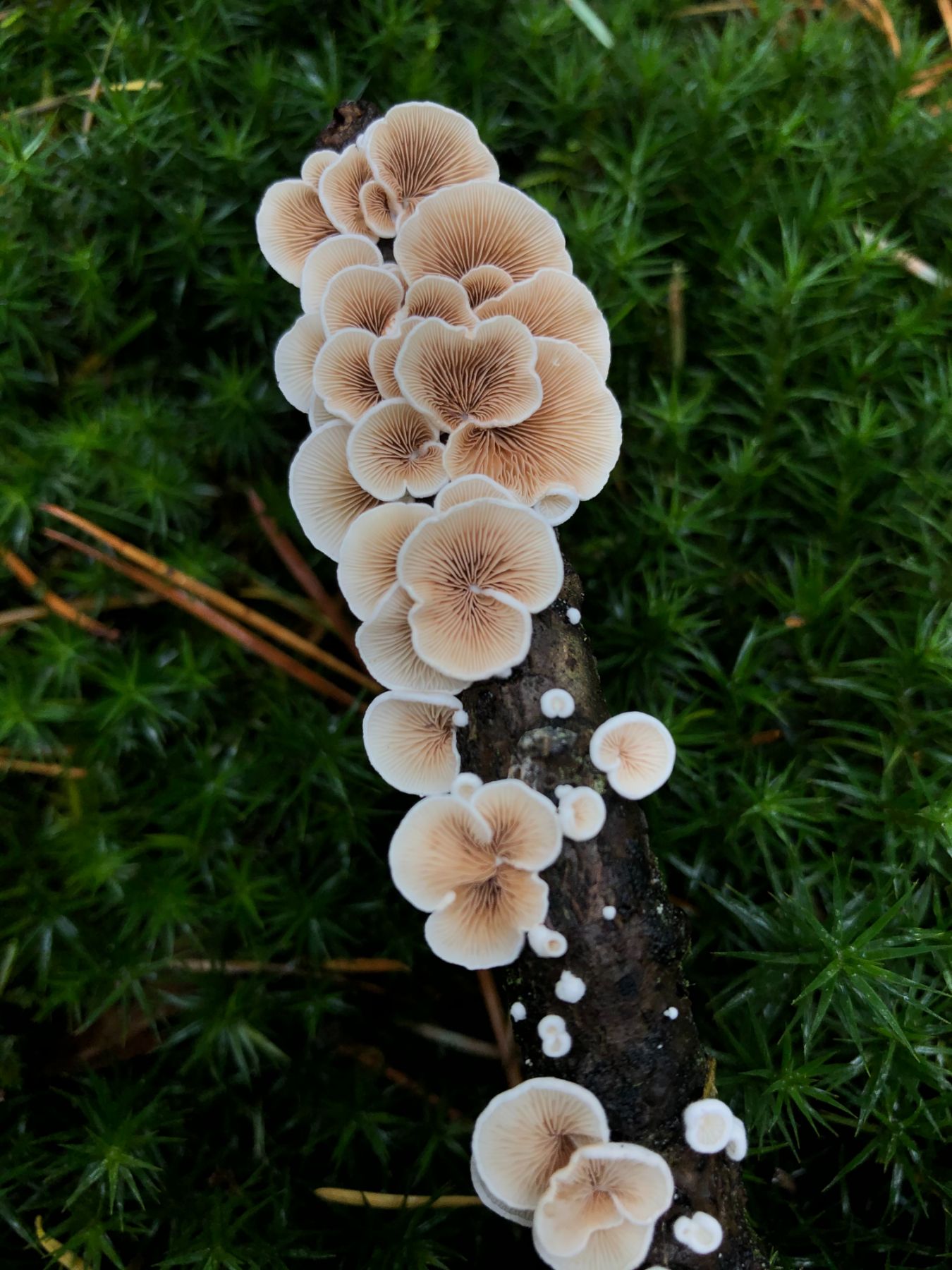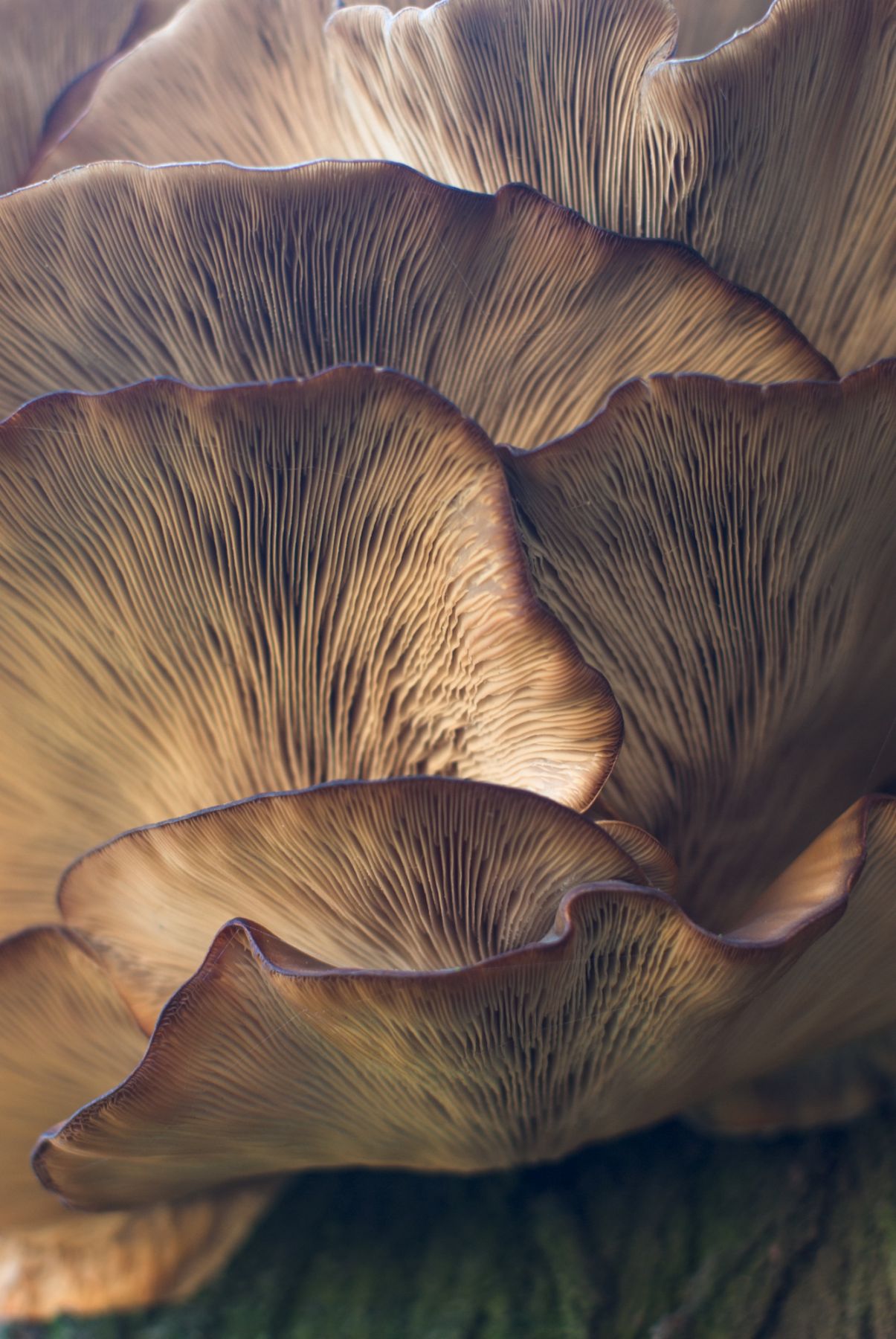These magical mushrooms won’t give you a euphoric high, but they’ll do wonders for your wellbeing
Mushrooms can do it all. From adding earthy flavour to a risotto to being the secret ingredient behind Mylo, the new luxury vegan leather alternative, fungi have now found their way into skincare products and health supplements. They promise a long list of nutritional, medicinal and beautifying benefits that sound almost too good to be true—so how did the humble mushroom become the latest buzz ingredient in the wellness world?
Don't miss: The Best Wellness Gifts of 2021


Finding the Roots
Using mushrooms in these spaces is a relatively new concept for western cultures, but our ancestors here in the East have been reaping their benefits for centuries. During the Korean Goryeo Dynasty (918-1382 BCE), Wolfiporia extensa was listed as one of the medicinal ingredients sent to the Chinese Song Dynasty, while medicinal mushroom species from different regions of Korea were also recorded during the Joseon Dynasty (CE 1454). In China, alchemist Tao Hongjing also used the kidney-shaped lingzhi mushroom, also known as reishi, as early as the 5th century.
Now a holy grail ingredient in Traditional Chinese Medicine (TCM), lingzhi is believed to promote healthy ageing, lower your risk of cancer and help prevent other diseases. But these benefits come with a cost: lingzhi supplements can set you back anywhere from a few hundred Hong Kong dollars to more than HK$10,000, while a whole head of the dried mushroom will likely cost you a small fortune: in 2018, auction house Hong Kong Fuxi listed a 1.8kg lingzhi with a starting price of HK$4,800,000.





